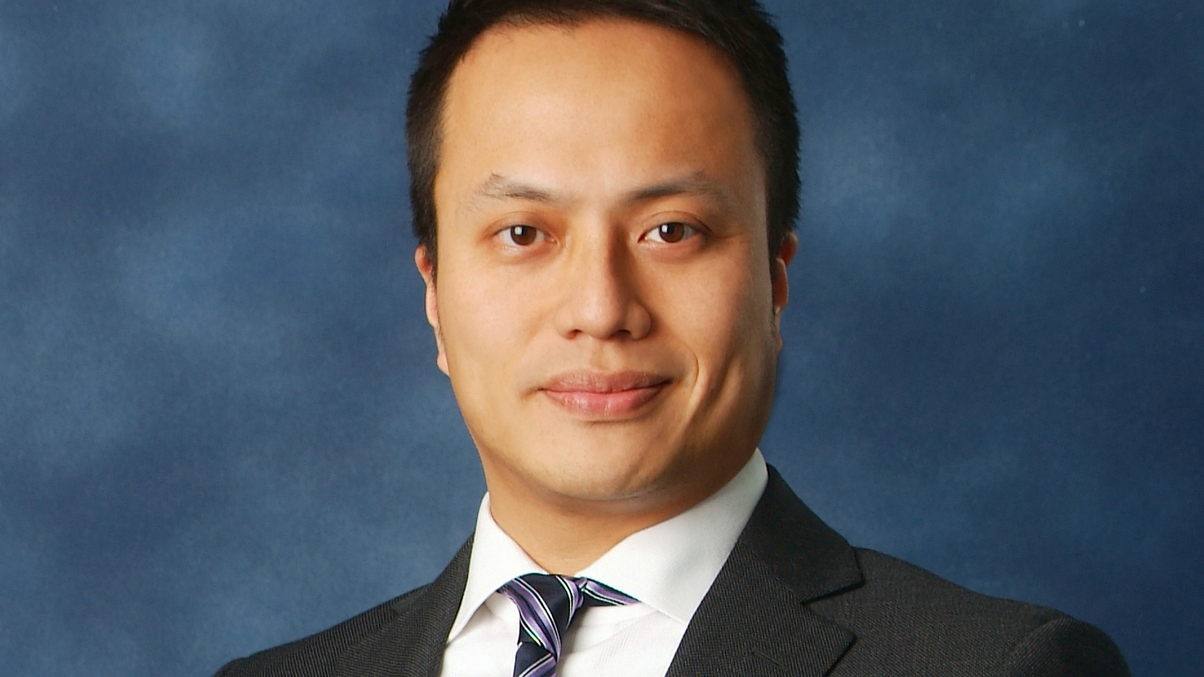Panellists cite concerns over MPF plans
Market participants debated issues around plans to bring in a core fund and full portability under Hong Kong's Mandatory Provident Fund scheme.

Proposed changes to Hong Kong's Mandatory Provident Fund (MPF) scheme sparked debate at a conference this week.
Sign in to read on!
Registered users get 2 free articles in 30 days.
Subscribers have full unlimited access to AsianInvestor
Not signed up? New users get 2 free articles per month, plus a 7-day unlimited free trial.
¬ Haymarket Media Limited. All rights reserved.


